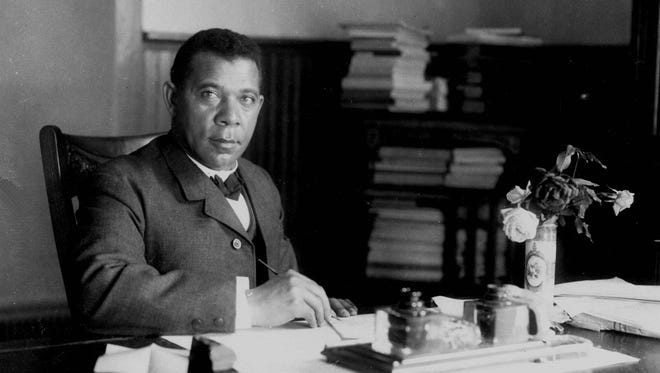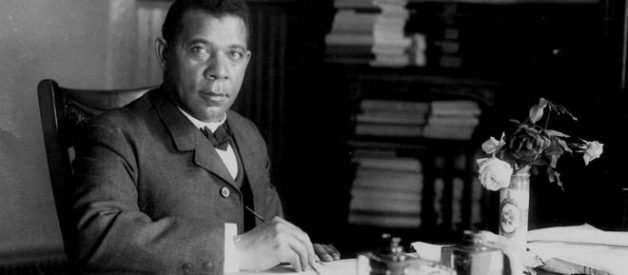Booker T Washington vs W.E.B Du Bois took place before Martin vs Malcom.
But what was the great debate that shaped the course of the civil rights movement? And was this a real rivalry or more of a disagreement on how to fight racism in America?
Both Booker T Washington and W.E.B Du Bois are extraordinary figures in American history. Each men had profound influence in the early 1900s in the struggle for Black equality, an influence that left an impact that can still be seen and felt.
The great Booker T Washington vs W.E.B Du Bois debate was over which road would lead to equality: economic independence or fighting for civil rights. Washington believed Blacks having economic independence and creating wealth for themselves would lead to equality while Du Bois argued that fighting for civil rights was the right course to take.
Born a Slave, Washington Becomes Black Elite
Booker T. Washington was born on April 5, 1856 into slavery in Virginia. After his mother, Jane (an African American woman), was emancipated, she moved the family to West Virginia. Washington?s father was white, and he never knew the identity of his father. Young Washington went on to attend Hampton Normal and Agricultural Institute (now Hampton University) and Wayland Seminary (now Virginia Union University).

In 1881, Booker T. Washington became the first leader of the Tuskegee Institute in Alabama, a new organization founded for the higher education of Blacks. He expanded the school by having the students work at the college constructing buildings and maintaining a large farm.
RELATED: Last Slave Ship, Clotilda, and the Story of the Last Survivor Slave
Washington became a popular figure in the Black community and with liberal Whites across the country.
Even though he was criticized for not supporting civil right causes and having a softer tone when it comes to dealing with racism, Washington secretly funded litigation for civil rights cases, challenging laws that hurt Blacks across the South.
Booker T. Washington also used his connections with rich white philanthropists to fund other schools he was developing besides Tuskegee. The likes of J.P. Morgan, Collis P. Huntington, and John D. Rockefeller contributed to Washington?s cause. He encouraged Black youths to learn skills that would make them great participants in the industrial revolution, and hence making them valuable members of society.
READ the rest of the article here: https://blackexcellence.com/booker-t-washington-vs-web-dubois/


